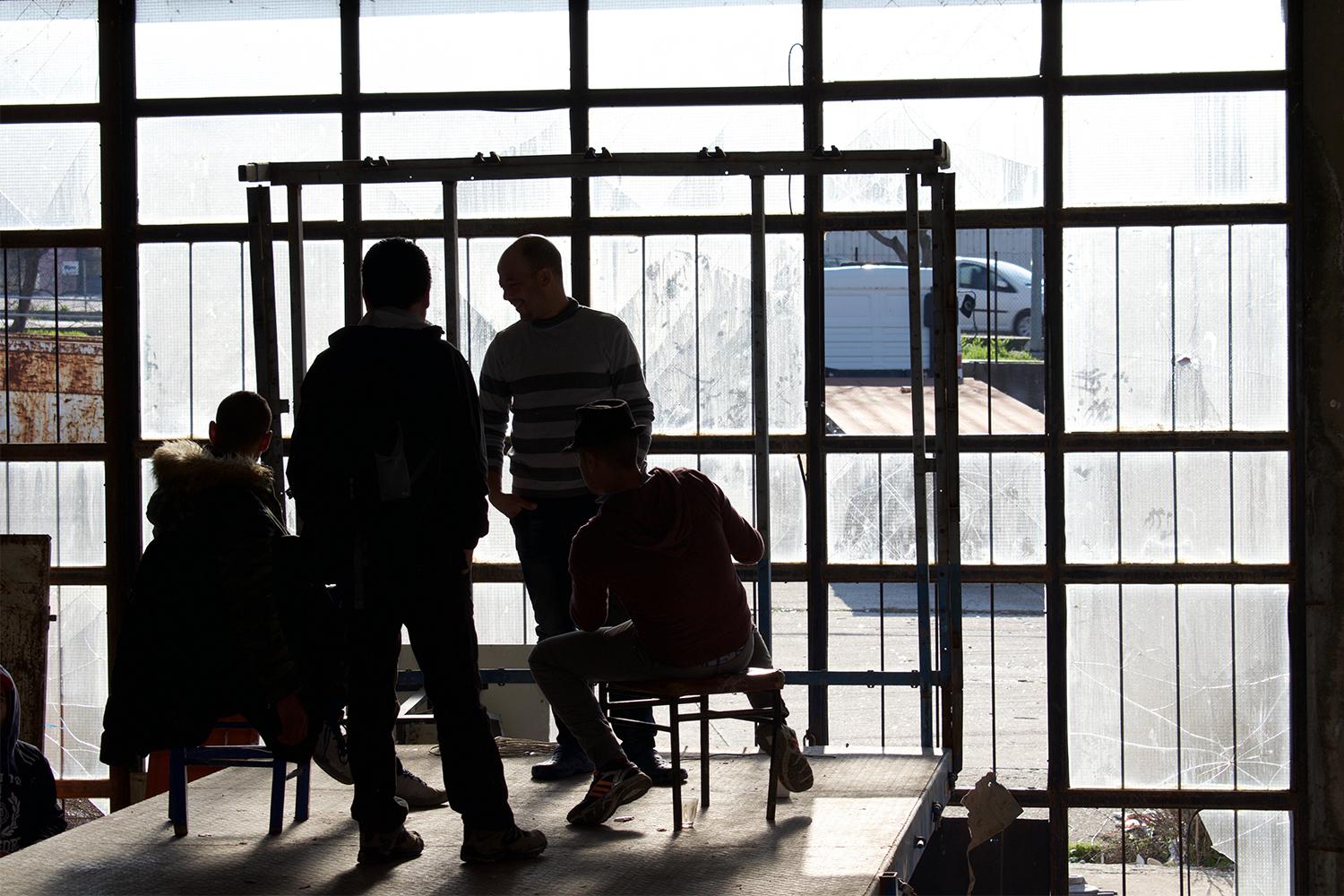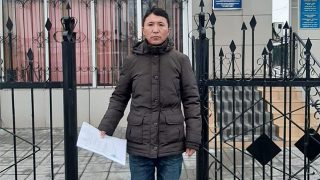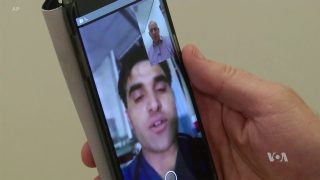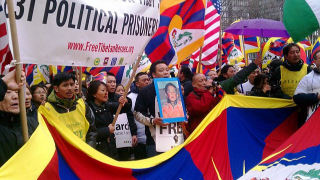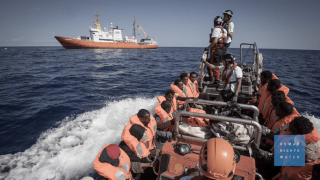“Why do I deserve to be treated that way?” Issa, a 25-year-old Syrian asylum seeker told me in mid-May on the island of Lesbos. “We are here, forgotten. Totally forgotten…. There is no dignity at all here.”
Issa is among the scores of people I have interviewed over the past two years who are trapped in Greece. While for most outside Greece, the 2015 refugee crisis is long forgotten, for asylum seekers in the country it remains acute. This is especially true on the Greek islands, where an official containment policy blocks asylum seekers who arrived by sea from Turkey from moving to the mainland.
Almost 17,000 women, men, and children like Issa are trapped in chaotic and dangerous conditions, with many unable to get basic services. Most are from Syria, Iraq and Afghanistan. Women (22 percent) and children (37 percent) make up more than half the population.
The Greek government likes to point the finger for this forgotten crisis at the European Union. It says that the policy is needed so that it can quickly return asylum seekers to Turkey under a 2016 EU-Turkey migration deal. But the truth is hardly anyone has been sent back, and now the Turkish government has suspended its bilateral arrangements with Greece that makes such returns legally possible.
Meanwhile, Issa lives in the “Olive Grove,” a makeshift encampment outside the gates of the Moria asylum processing center in Lesbos. As of June 13, almost 7,000 people lived in Moria, despite its maximum capacity of 3,000. With frustrations over uncertainty and poor conditions, violence is commonplace.
In the grove, lack of space means that hundreds of families, single women, and children are forced to live in even worse conditions, without security, electricity, showers, or running water. “Toilets are shared between men and women and they are dirty 24/7,” Issa told me. “We don’t sleep because of all the fights.”
Greece’s European Union partners would prefer it to keep people on the islands, and reduce overcrowding by increasing returns to Turkey.
But this is wishful thinking. There is little prospect of the majority of asylum seekers trapped on the islands being sent back to Turkey any time soon.
Many of those on the islands are members of vulnerable groups – unaccompanied children, single-parent families, people with disabilities, victims of torture or sexual and gender-based
violence— protected from return under the deal. Others are eligible to be reunited with family members already in the EU. Still others are from Iraq and Afghanistan and could only be sent back to Turkey if Greece determines they don’t need protection and can safely be sent back.
Meanwhile, the numbers of asylum seekers entering Greece via the land border with Turkey is increasing. Those people cannot be sent back to Turkey under the EU-Turkey deal at all since it only covers arrivals by sea.
In short, many of the people seeking protection in Greece cannot be returned to Turkey. So, what should be done?
First, Greece should end its containment policy and the EU should support Greece in doing that. Greek authorities have rightly transferred over 10,000 people from the islands to the mainland since November, where conditions and services are better. But they have also blocked efforts – with pressure from EU institutions and governments – to end the policy altogether, including through the courts, even though it is not meeting its objectives and causes untold suffering.
Second, it should improve the quality and efficiency of its asylum decision making, so that it can determine who is entitled to protection and who can safely be removed, either to Turkey or elsewhere. At the moment Greece is moving in the wrong direction, including with a new law that expedites cases by weakening safeguards in the asylum process.
Third, it should work to improve its treatment of asylum seekers including reception conditions and access to services, also on the mainland, to make sure they are in line with European standards.
Rather than pressuring Greece to trap asylum seekers in abuse or force them unsafely to Turkey, the EU should focus on greater responsibility sharing across member states, difficult though that is. EU institutions and states also need to work to increase safe and legal channels into the EU, including refugee resettlement, tackle root causes of migration through a principled and rights-based cooperation with countries of origin and transit, and ensure that returns are safe and follow fair procedures.
Greece and other EU states have a right to control their borders but not at any price. Containing asylum seekers on the Greek islands in substandard and appalling conditions that violate their rights and Greece’s international obligations in the hope that it will deter others from coming is bad policy, not to mention a violation of basic rights for people like Issa who are stuck there.
Human Rights Watch.France:Greece Can’t Duck Its Duty to Asylum Seekers . © 2018 by Human Rights Watch.
